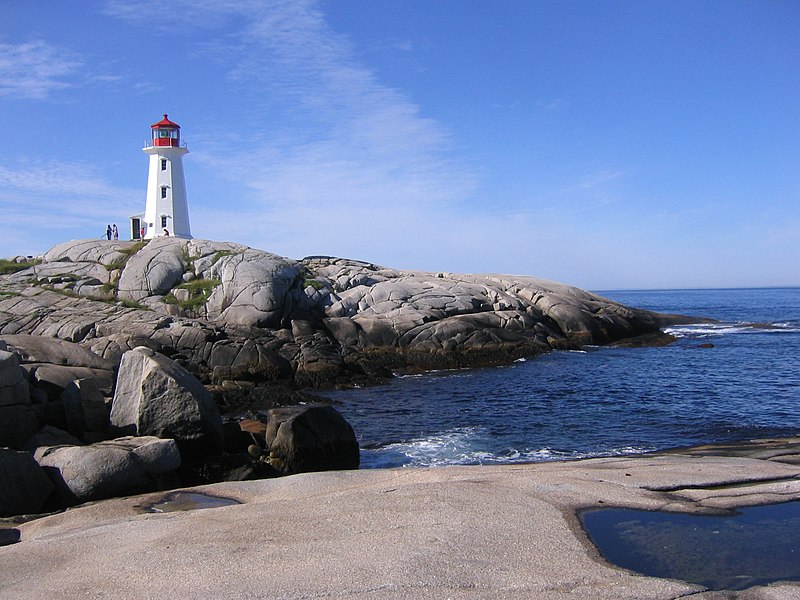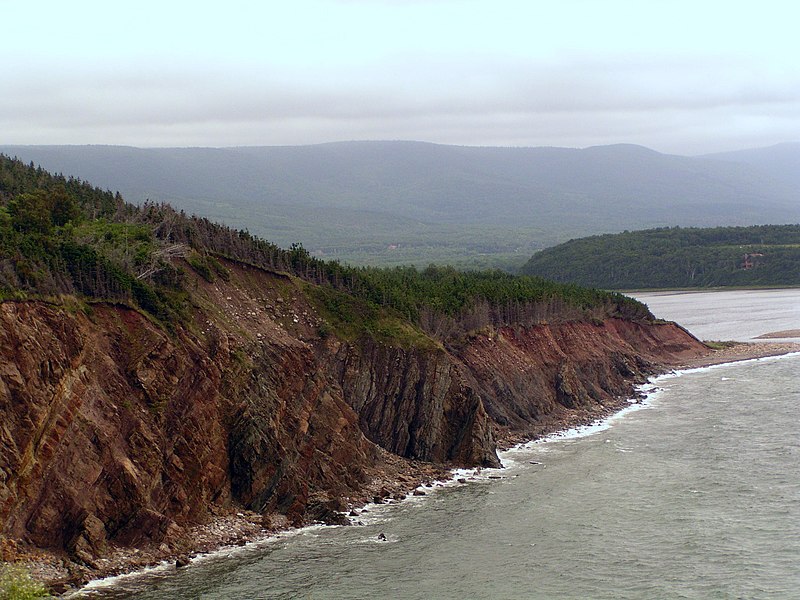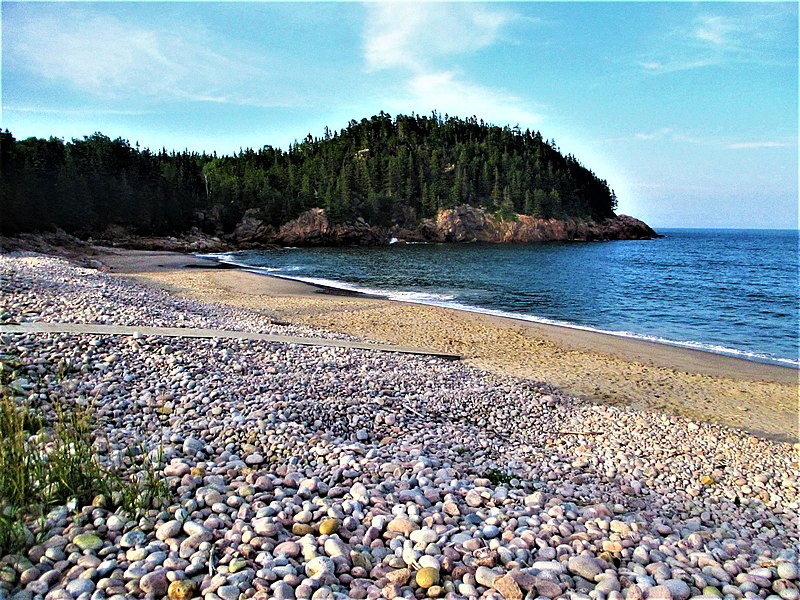7481 Woodbine Ave #203, Markham, ON L3R 2W1 (647) 806-8188
Copyright © 2021 CondoTrend. All rights reserved.

According to a recent report by Statistics Canada, British Columbia, Nova Scotia, and New Brunswick have the highest proportions of out-of-province and non-resident investors in residential real estate across the country. In contrast, Ontario and Manitoba had lower out-of-province investment rates.
According to the data, British Columbia had a 2.7% rate of out-of-province investors, while New Brunswick had a 3.0% rate and Nova Scotia had a 3.7% rate. The rate of out-of-province investors in Ontario was 0.5%, while the rate in Manitoba was 1.4%. The report also emphasizes the proportion of provincial investors who own three or more properties, with Ontario having the highest rate at 2.9% and New Brunswick having the lowest at 1.5%.

According to a previous report from Statistics Canada, investors owned at least 20% of residential real estate in each of the five monitored provinces (Nova Scotia, New Brunswick, Ontario, Manitoba, and British Columbia) at the beginning of 2020.
Individuals or entities that own at least one residential property that is not their primary domicile, excluding Canadian non-profit organizations, are referred to as investors in this context. This category includes businesses, government entities, and individuals who reside outside of the province in which they own real estate. It also includes non-resident proprietors, owners of multiple properties, and individuals who do not occupy a property with multiple residential units.
In addition, the report emphasizes that established immigrants who arrived in Canada prior to 2010 constitute a larger proportion of investors compared to their population share. Despite having lower incomes, immigrant investors tend to have higher assessed property values than Canadian-born investors. This is due in part to the fact that immigrant investors are more likely to own primary residences in larger census metropolitan areas, where property valuations tend to be higher.

property holdings was $2,2 million, compared to slightly more than $1,6 million for investors born in Canada. In Ontario, the average assessed value for immigrant investors was $1.29 million, and for Canadian-born investors, it was $890,000.
The report also observes that investors aged 55 and older represent a greater proportion of investors than their proportion of provincial populations, which is consistent with the trend observed across provinces. Statistics Canada started this analysis of residential real estate investment in 2020 out of concern that, while this activity contributes to rental stock, it may also contribute to house price volatility and impede market access for first-time buyers.
Source: https://financialpost.com/real-estate/nova-scotia-most-real-estate-investors-out-of-province
Since before the Budget Day on April 16, Prime Minister Justin Trudeau has been making announcements addressing the housing crisis facing the North American nation. From incentivizing the construction of affordable housing to reconstruction, these plans promise to improve the housing infrastructure of Canada.
The real estate sector’s most influential leaders and innovators will be gathering in Calgary for a conference that, in all probability, is going to be the biggest real estate event in Alberta. Titled, ‘Rock’N REAL ESTATE 2024’, the BUZZ conference will be taking place in Carriage House Hotel & Conference Centre on Thursday, May 2. The meeting will open at 7:30 am with a light continental breakfast. The discussion will go from 8 am to 5 pm followed by an hour of networking session at the end of the event. Cocktails on the house!
Canadian housing activity was largely stable in March, but a key spring selling season lies ahead. Existing homesales edged up 0.5% in March (seasonally adjusted) and were up a modest 1.7% from sluggish year-ago levels (although an early Easter long weekend likely reduced volumes somewhat). While current activity might seem quiet compared to the exuberance in 2021 and early 2022, sales volumes are trending about in line with pre-COVID norms, albeit at the low end of that range.
“We are changing the way we build homes in Canada. In our housing plan and Budget 2024, we are delivering ambitious action and investments to build more homes, make it easier to rent or own, and help the most vulnerable with stable housing. This is about restoring fairness for every generation, and housing is at the heart of that”, said Canadian Prime Minister, Justin Trudeau about the country’s new housing plan.
7481 Woodbine Ave #203, Markham, ON L3R 2W1 (647) 806-8188